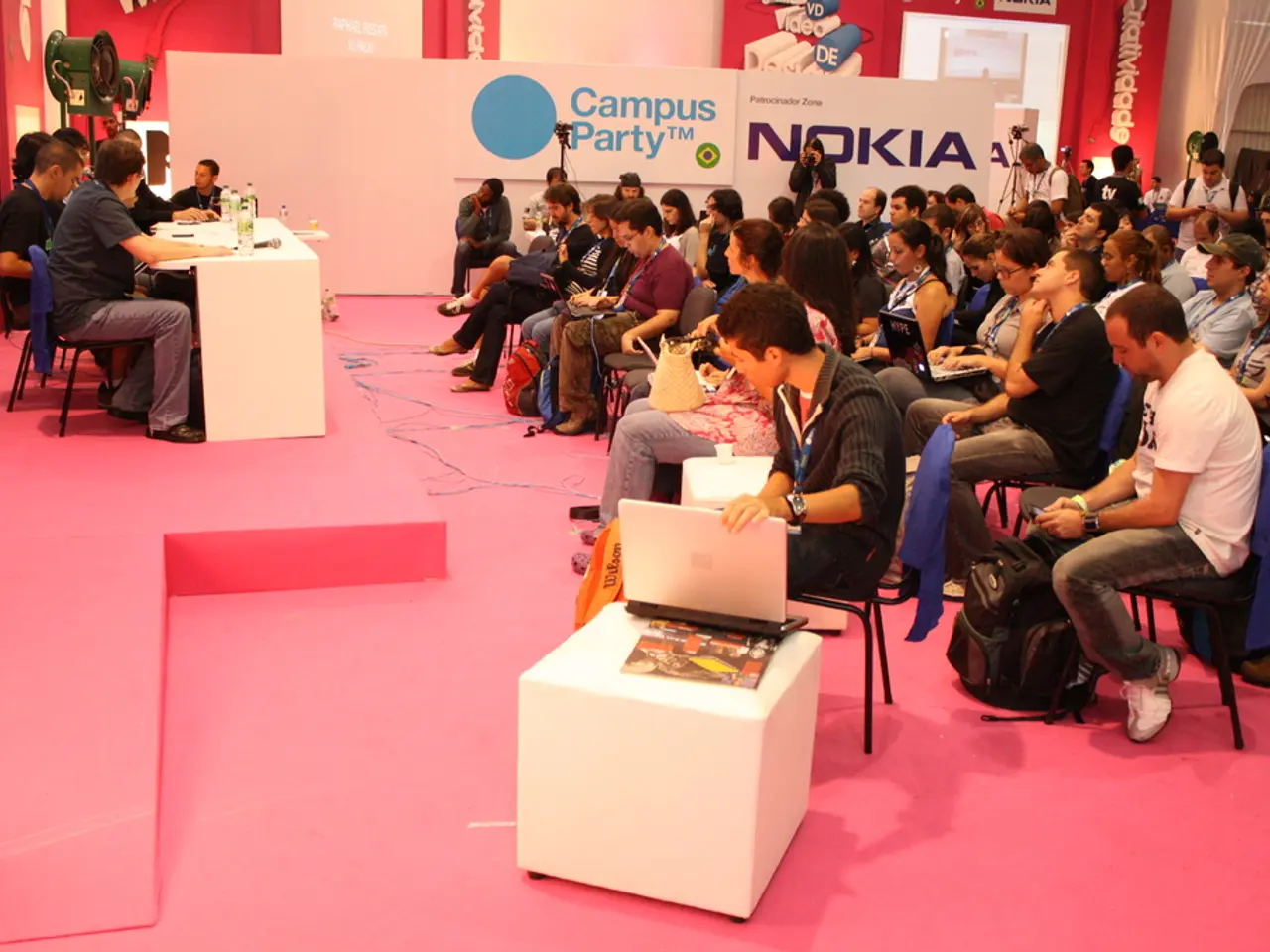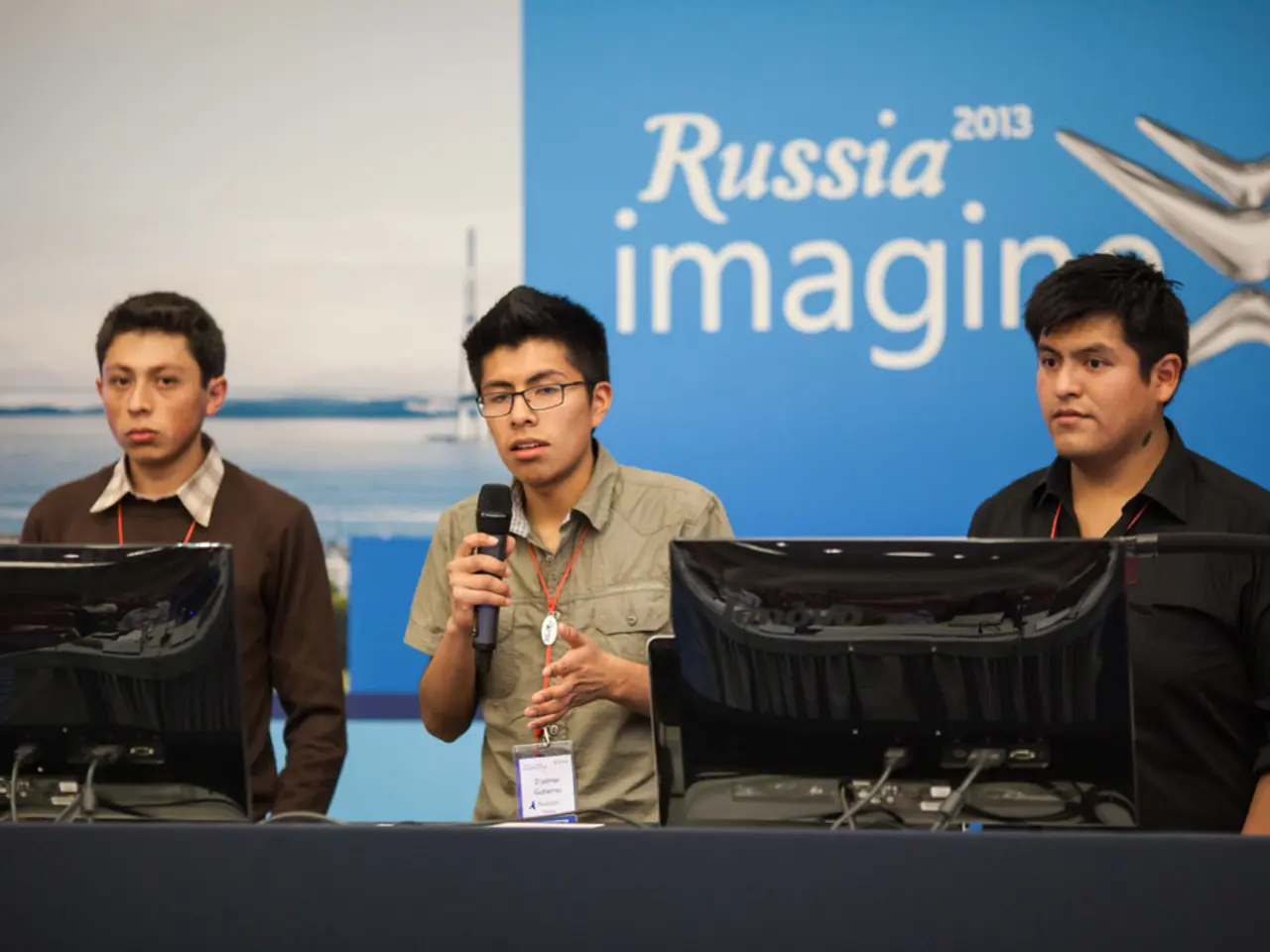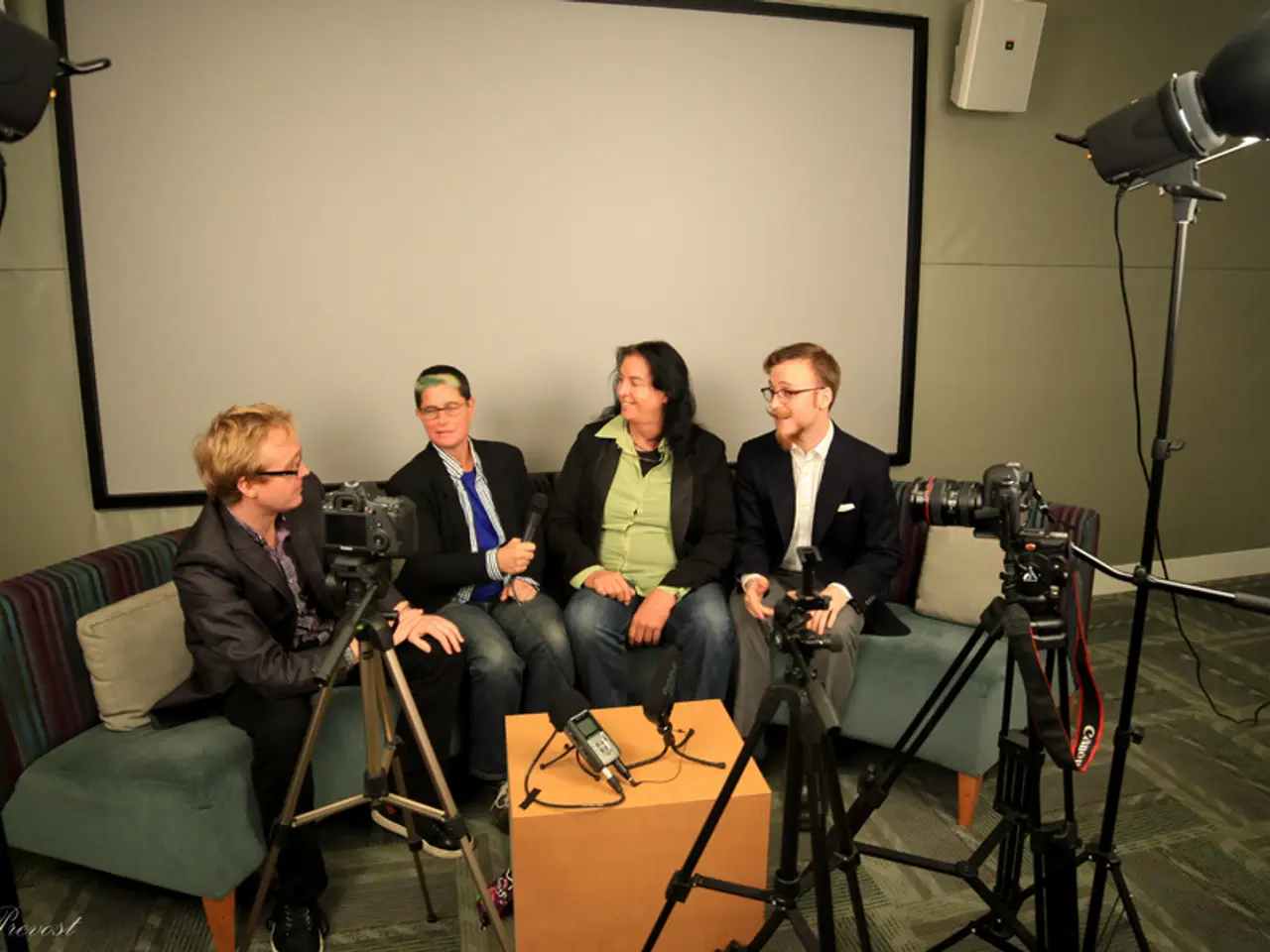Escalating nuclear standoff with North Korea: Kim's government snubs Trump, refuses negotiations on nuclear disarmament
In the ongoing nuclear dispute between the United States and North Korea, a central obstacle continues to prevent a resolution. At the heart of the matter is North Korea's demand for formal recognition as a legitimate nuclear weapons state, a demand that the U.S. vehemently refuses to grant.
North Korea insists on acknowledgment of its nuclear status as a precondition for any peace deal, seeking legitimacy and security guarantees under that recognition. This insistence creates a fundamental impasse, as the U.S. views conceding to this demand as a catastrophic blow to the global non-proliferation regime. The fear is that such a concession could potentially encourage other countries like Iran to pursue nuclear weapons openly.
The U.S. has limited leverage in the negotiations, as it is unwilling to offer major concessions such as withdrawing all U.S. troops from South Korea, a move that North Korea might require as part of a deal. Broader issues, including North Korea’s human rights record and its geopolitical alliances (e.g., support for Russia), are lesser obstacles that could theoretically be negotiated compared to the core nuclear recognition issue.
Historically, negotiations have been hampered by rigid U.S. preconditions demanding North Korea's denuclearization upfront, a demand that North Korea resists, preferring phased or reciprocal steps. The policy of deterrence, which shapes strategic calculations but fails to resolve fundamental trust and security concerns between the parties, further complicates the situation. Regional security dynamics, including pressures around South Korea potentially developing its own nuclear deterrent, further complicate the stability and diplomatic environment.
Recently, Kim Yo Jong, the influential sister of Kim Jong Un, stated that a meeting would only take place if the U.S. acknowledges the reality of North Korea's nuclear arsenal. This statement indicates that a meeting between the leaders would require the U.S. to recognize North Korea's nuclear capabilities. However, the offer for a new summit between U.S. President Donald Trump and North Korean leader Kim Jong Un has received a cool response in Pyongyang.
Officially, the Trump administration remains committed to its goal of persuading North Korea to give up its nuclear weapons. Yet, it is recommended that the user adjusts their settings to enable JavaScript to fully experience the functions of this article on NZZ.ch. It is important to note that the U.S. is not willing to acknowledge the reality of North Korea's nuclear arsenal, let alone persuade North Korea to abandon it.
As the stalemate persists, the main barrier to peace or denuclearization agreements remains the irreconcilable nuclear status recognition demand by North Korea, coupled with the U.S. unwillingness to undermine the non-proliferation regime and make major strategic concessions.
Apply for a diplomatic solution requires addressing the core issue of North Korea's nuclear recognition, as the U.S.'s unwillingness to acknowledge its nuclear status creates a major obstacle in war-and-conflicts politics and general news. Despite Kim Yo Jong's statement, a meeting between the leaders might not occur if the U.S. refuses to acknowledge North Korea's nuclear capabilities, contributing to the ongoing stalemate in peace negotiations.








